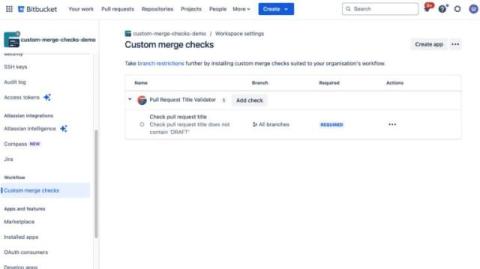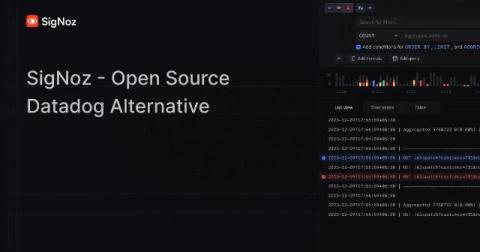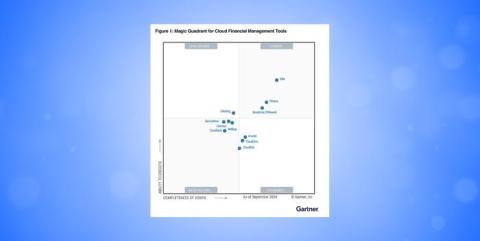Schedule Background Job using Quartz.NET
You may have encountered a situation where you must do some backend job without user intervention. For example, in an IOT application, your application needs to receive frequently published data from devices or send scheduler values to devices. .NET provides background job libraries for such tasks. I will discuss one of the background libraries, Quartz.NET, with a coding example. I will break down Quartz for you with simple, practical examples.











